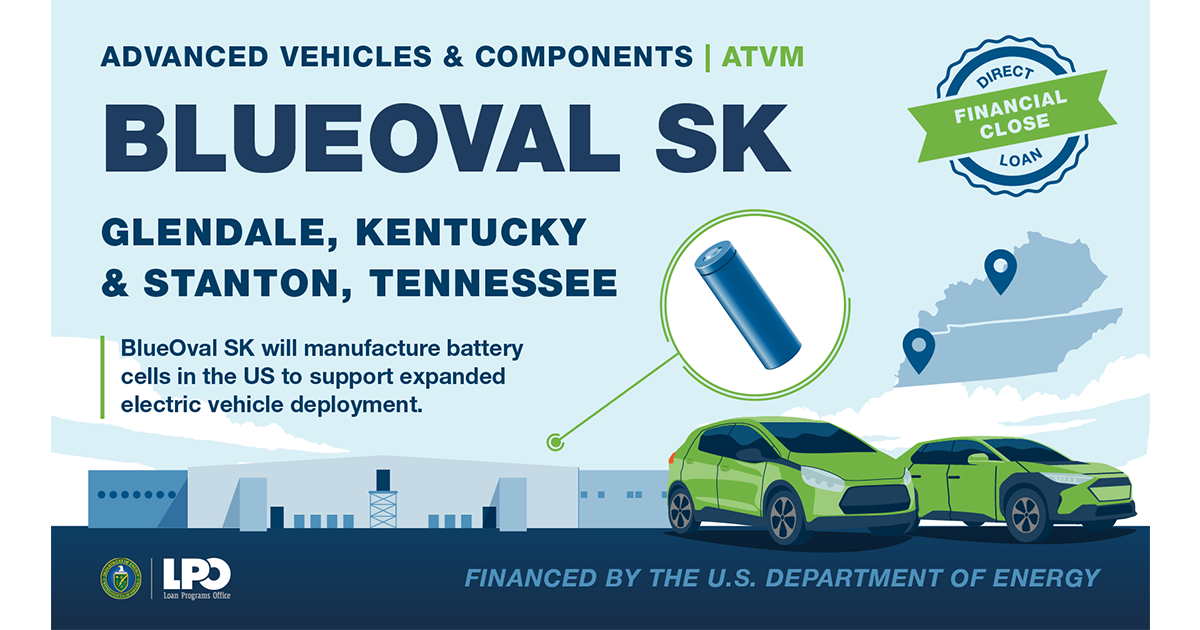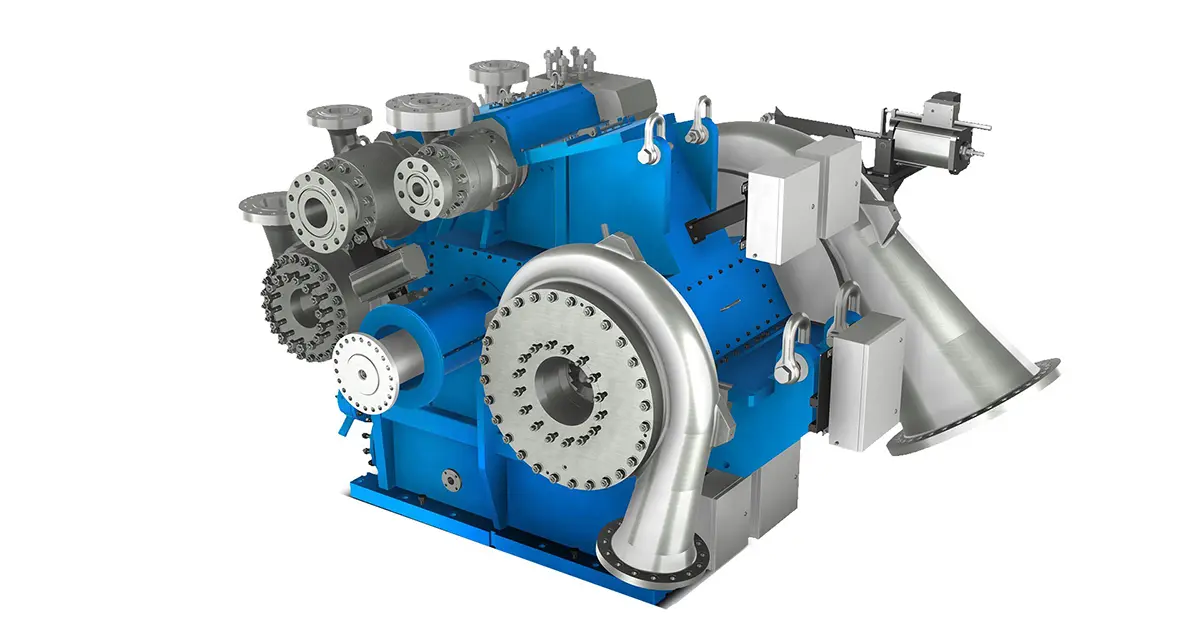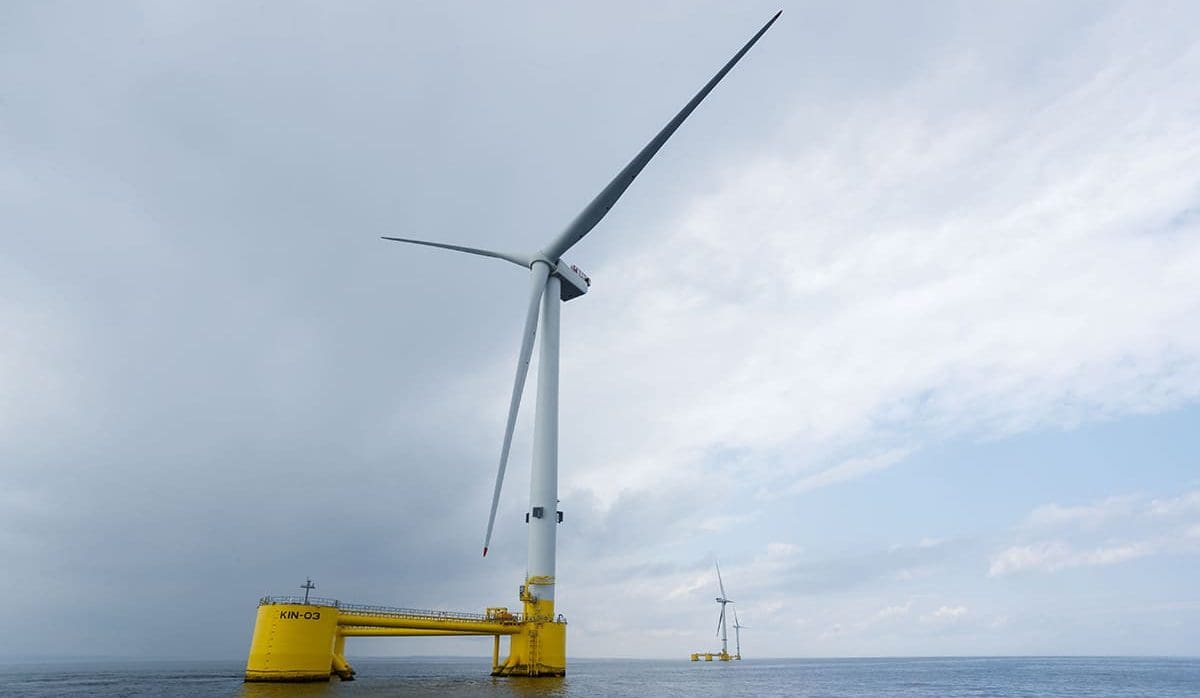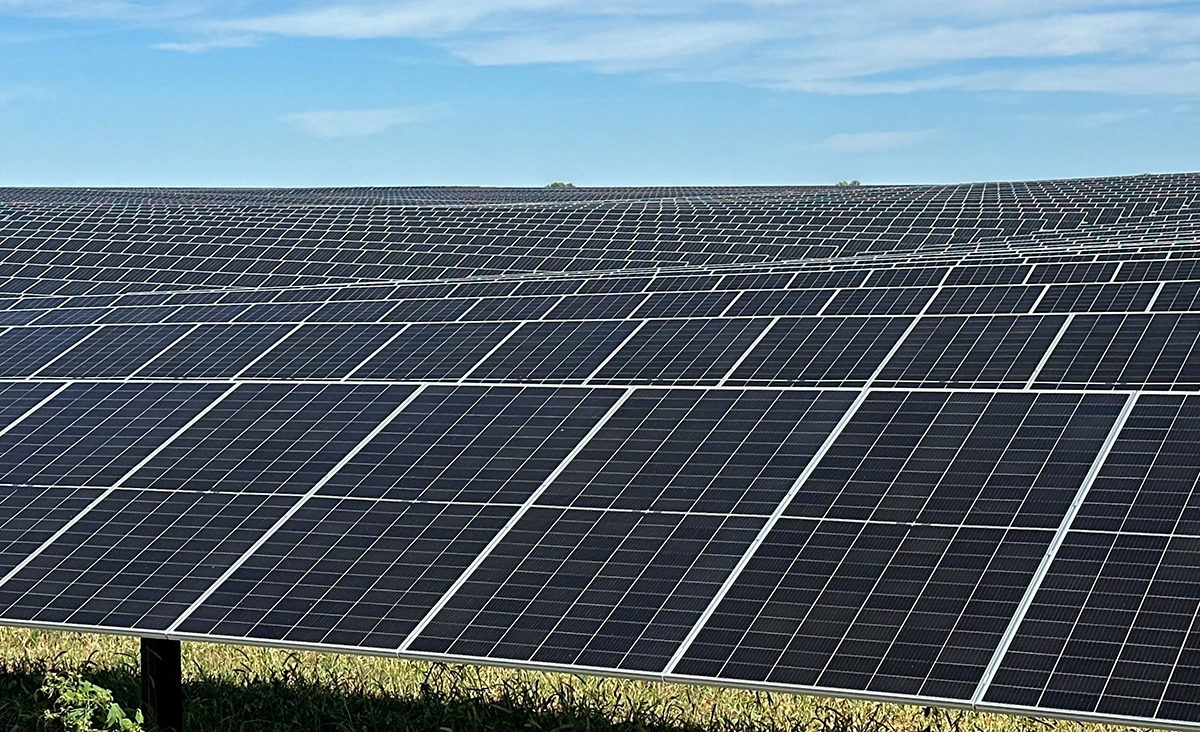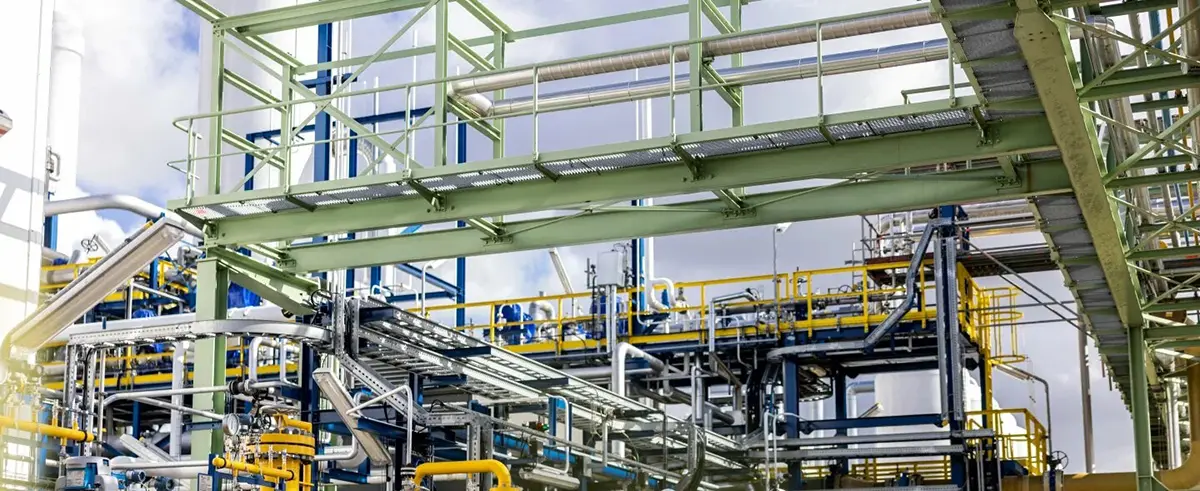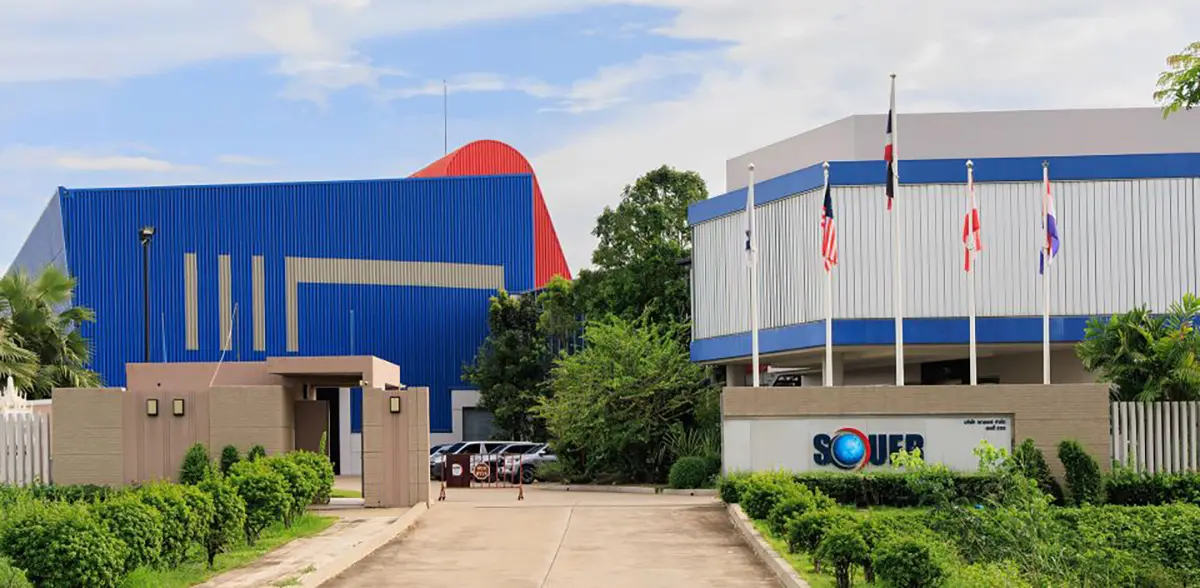
Jenbacher Hits Hydrogen Milestone
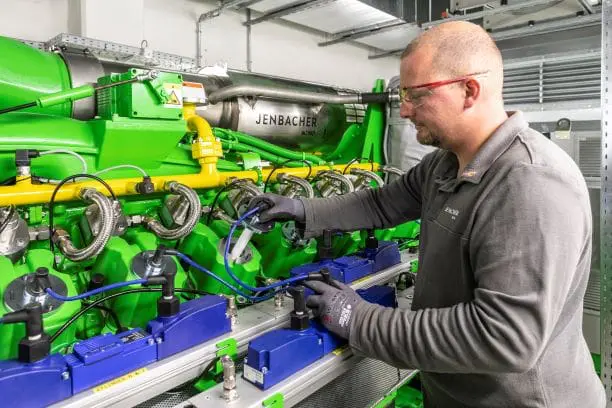
The initiation of field testing on a converted combined heat and power (CHP) plant in the Othmarschen area of Hamburg, Germany, represents the world’s first large-scale gas engine in the 1 MW range that can be operated either with 100% natural gas or with variable hydrogen-natural gas mixtures up to 100% hydrogen.
The joint project between INNIO Jenbacher and HanseWerk Natur AG (HansWerk AG) will evaluate how the plant operates with different hydrogen-natural gas mixtures and is expected to provide important insights for the future operation of similar plants.
“By field testing this INNIO CHP plant with up to 100% hydrogen, we are demonstrating that a greener, more reliable, more flexible and future-orientated energy supply for Hamburg is technically feasible,” said Thomas Baade, technical director of HanseWerk AG.
The converted CHP plant provides 30 residential buildings, a sports center, a daycare center, and the Othmarschen Park leisure complex with a supply of local heating that equates to 13,000 MW hours every year. The electricity generated is fed to electric vehicle charging points in Othmarschen’s multi-level parking garage as well as to the local power grid.
The Jenbacher gas engine went into operation at the end of October 2020. Initially only natural gas was used as fuel for the start-up. However, thanks to a conversion in recent months, it can run not only on natural gas but also on hydrogen or a mixture of both fuels.
“In the test series, we will temporarily try out different H2 admixtures for electricity and heat generation,” said Baade.
According to Baade, HanseWerk AG wants use findings from this pilot project to determine the future operation of its more than 200 CHP engines in Northern Germany. “Today we are already thinking about the day after tomorrow,” said Baade. “So far, only up to 10% H2 admixture is possible in natural gas networks. In the future, however, our CHPs could also purchase larger hydrogen shares or run completely on H2 in newly developing quarters. This field test in Hamburg lays the foundation stone, because we are learning a lot about the implementation and feasibility of H2 operation,” added Baase. “We are thus setting the course for a greener, secure, flexible, and future-oriented energy supply in Hamburg.”

